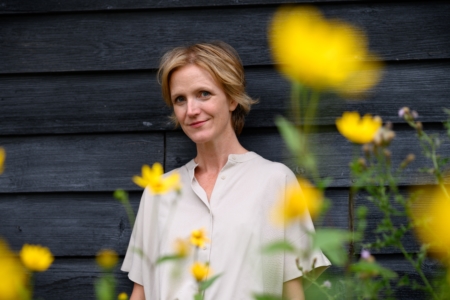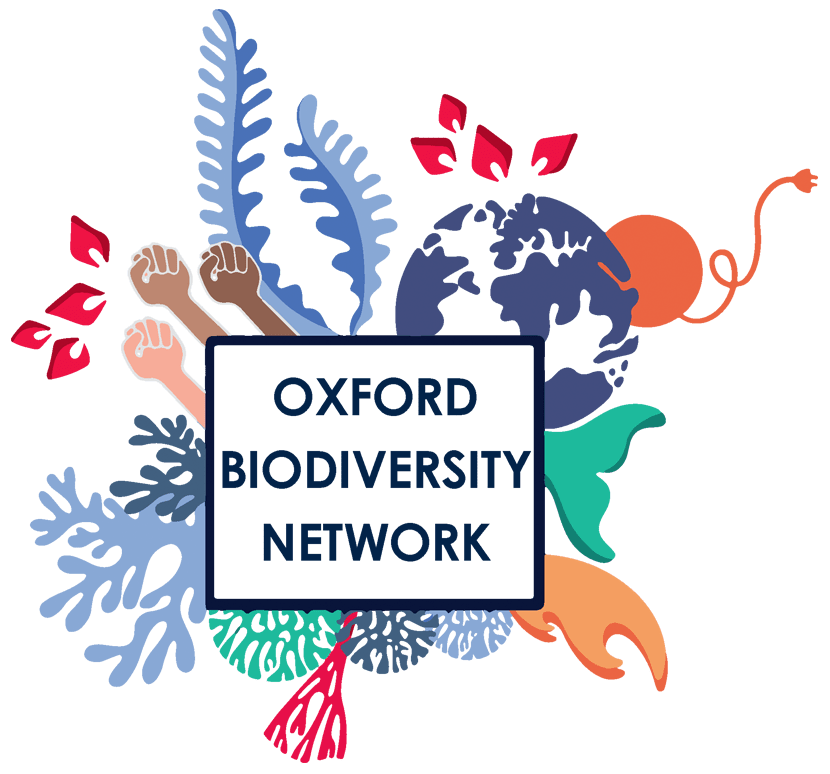The Natural Capital of Wasps
Seirian Sumner, Professor of Behavioural Ecology, University College London
- Start Friday 21 Nov 2025 4:15pm
- Finish Friday 21 Nov 2025 5:30pm
- Venue Main Lecture Theatre

Seminar followed by Q&A and drinks – all welcome – join in person or online
Wasps are predators, natural enemies, pollinators and decomposers. They are also sources of nutrition for humans, potential pharmacological treasure chests and hold cultural value for indigenous communities around the world. Despite this, wasps remain under-valued. Part of the problem has been the lack of research on the importance of wasps. Whilst they have been popular models for social evolution and behavioural studies, there has been relatively little focus on their ecological roles and their utility and importance in supporting human health, food, culture and wellbeing. Seirian provides an interdisciplinary overview of the value of wasps using a holistic natural capital framework.
Seirian is a Professor of behavioural ecology at University College London. She studies social insects to understand their behaviour, ecology, evolution and role in ecosystems. She is especially interested in wasps, as models to understand phenotypic plasticity through the diversity they exhibit in caste differentiation and life-history. She uses a combination of field ecology and genomics to understand the mechanisms and evolution underlying alternative phenotypes and plasticity, within and between species. Alongside her work on phenotypic plasticity, she is interested in the ecological and cultural importance of wasps and is working hard to give wasps a PR makeover. As part of these efforts, she co-founded the Big Wasp Survey in 2017 – a citizen science project to engage the public with social wasps in their back yard. And in 2022 her book ‘Endless Forms: Why You Should Love wasps – was published, giving everyone a reason to better appreciate wasps. She was recently nominated to the Explorer’s Club EC50 Class of 2024 as one of 50 people changing the world, who the world needs to know about.
The Leverhulme Centre for Nature Recovery and Biodiversity Network are interested in promoting a wide variety of views and opinions on nature recovery from researchers and practitioners.
The views, opinions and positions expressed within this lecture are those of the author alone, they do not purport to reflect the opinions or views of the Leverhulme Centre for Nature Recovery/Biodiversity Network, or its researchers.
